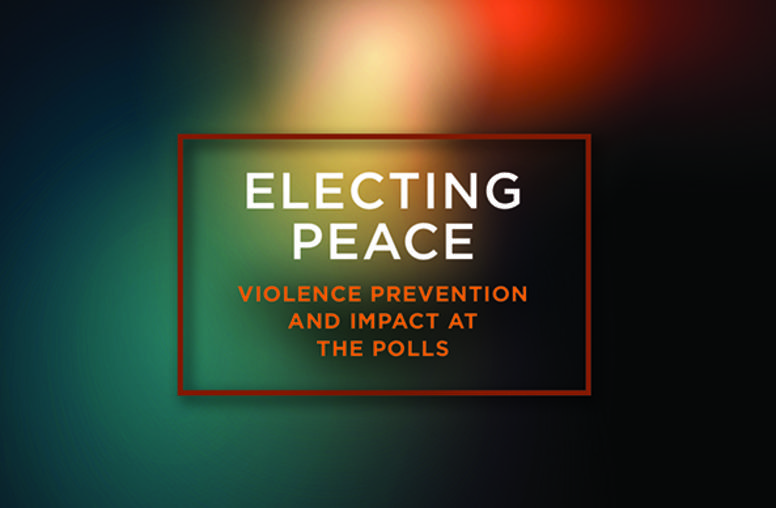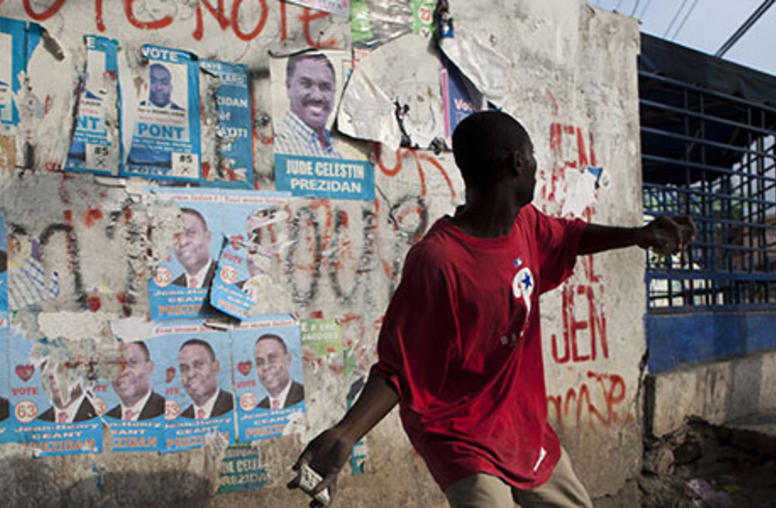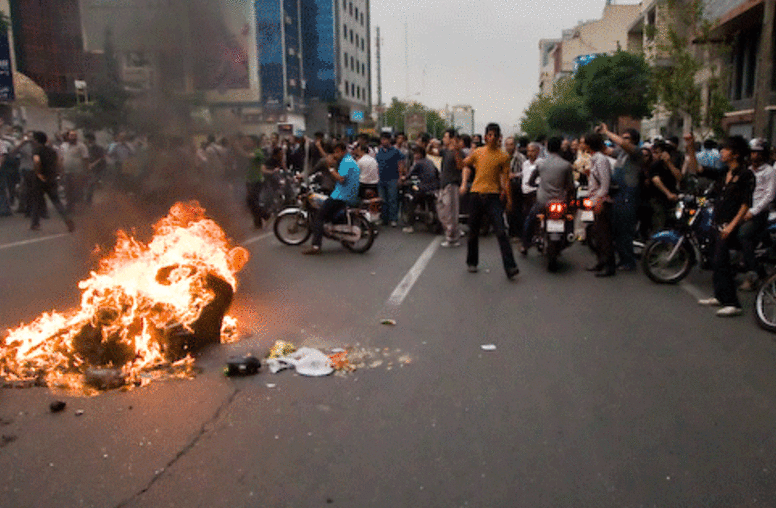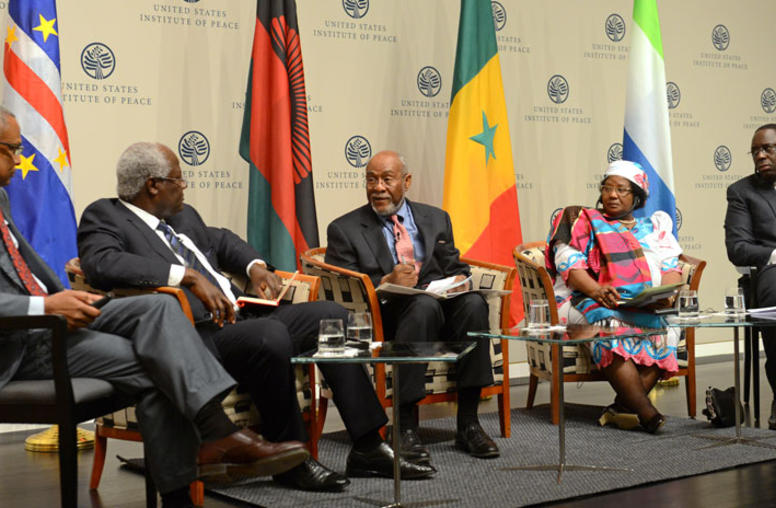The Next Decade: Seizing Opportunities from a Transforming Africa
On March 28 USIP hosted a presentation by Undersecretary of State for Political Affairs Wendy Sherman who recently concluded visits to five key African states. Wendy Sherman shared her observations about the importance of a holistic approach to sustained political and social development, as well as economic growth.
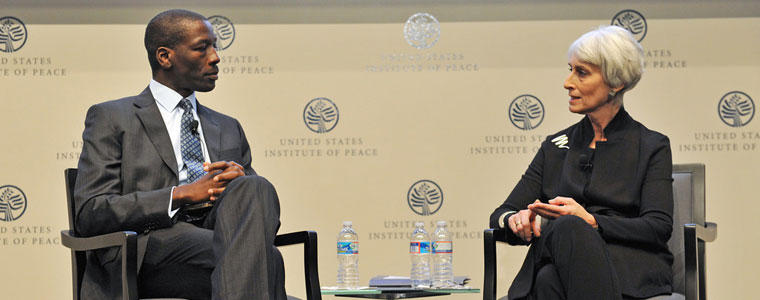
How is the United States working with its African partners as they seek to harness Africa’s economic potential? How can Africa become the dynamic driver for the global economy? As African nations strive toward sustainable democratic economies, how can they overcome global trends, such as terrorism, the “youth bulge,” food and energy insecurity, adaptation to climate change, among many others?
U.S. Undersecretary of State for Political Affairs, Wendy Sherman, recently concluded visits to five key African states – Kenya, Nigeria, Angola, Zambia, and Malawi. Sherman’s first visit to Africa as undersecretary focused on strengthening strategic partnerships on political reform, security, and social development as well as expanding economic opportunities.
In her presentation at USIP, Sherman shared her observations about the importance of a holistic approach to sustained political and social development, and economic growth, and how the U.S. government is partnering with Africans as they work to bring about a more prosperous and stable Africa.
USIP was pleased to host this presentation because of its ongoing commitment to building peace and resolving conflict with partners in Nigeria, Kenya, the two Sudans, and other African states.
Read Sherman's speech as written [PDF]
Featuring
- Wendy Sherman
Undersecretary of State for Political Affairs - Tara Sonenshine, Introductory Remarks
Executive Vice President, U.S. Institute of Peace - Raymond Gilpin, Moderator
Director, Center for Sustainable Economies, U.S. Institute of Peace
Explore Further
- Eye on Sub-Saharan Africa
With its research, analysis and field work, USIP is on the ground in key African nations working to prevent conflicts from turning deadly and to build local capacity to stop disputes from escalating into violent conflict. - USIP's Jon Temim Testimony Before the Senate on the "Two Sudans"
News Feature | March 14, 2012 - The Politics of Oil and a Proposed Pipeline for South Sudan
On the Issues by Jon Temim and Raymond Gilpin | January 2012 - Climate Change Adaptation and Conflict in Nigeria
USIP Special Report by Aaron Sayne | June 2011 - Trends in Electoral Violence in Sub-Saharan Africa
USIP Special Report by Dorina Bekoe | March 2011
